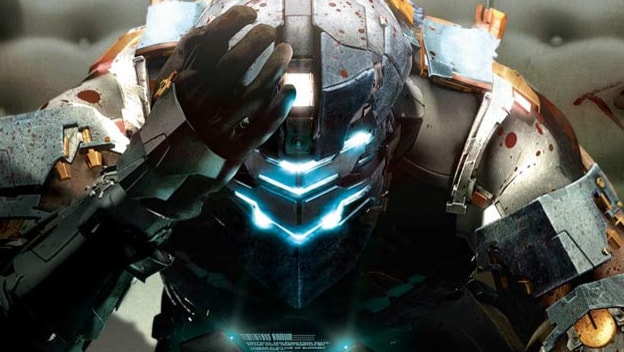How the mighty (and scary) have fallen!
Let me take you on a little nostalgia trip. It’s a Saturday night. I’ve probably just finished watching one of those scary ass episodes of “ Are You Afraid of the Dark ” on Nickelodeon and now I’m ready to fire up the NES for some late night gaming fun. I’ve rented Friday the 13 th from my local pizza place, banking on the fact that the game must be as awesome as the movies. So I pop the game in and start traversing Crystal Lake. Suddenly, a strange (and irritating) beeping noise goes off. After reading the manual, it tells me that this is to signify Jason is located inside one of the cabins. So, after consulting my map, I find said cabin and start cautiously exploring, much like the countless victims you’ve seen in the movies do.
It’s empty. It’s quiet. It would seem that I’ve just missed him. I turn the corner to leave the cabin and BOOM! There he is dressed in purple sweat pants, tom-a-hawk choppin’ me to death. Before I know it, it’s over.
This friends, is the essence of a survival horror game. I can tell you after a couple rounds of this my heart was pounding and my pupils were dilated. It was the first time I was hooked on that kind of adrenaline. Frankly, here you find the x-factor that is missing in today’s survival horror games. If they could do it in 8-Bit, that has to mean that advancing technology doesn’t necessary improve on all concepts. Resident Evil is of course the number one franchise that sticks out in people’s minds when it comes to a truly immersive “horror game”. It was so good, it’s almost single handedly responsible for creating the entire genre all by itself. Yet, if you compare the pixelated graphics of the original PlayStation version to today’s next-gen rendition, it’s like night and day. The most recent release ( Resident Evil 6 ) has been widely panned. So much so that Michael Pattison (the former head of Capcom marketing) has recently tried to do some serious damage control, attempting to turn gamer’s attention towards future Resident Evil games (ones that he promises will return to the franchise’s roots). “We have obviously seen the consumer response and the PR response. There were some great positives out of that, but it was a mixed bag, as we saw from the review scores. We have got to take that on-board, we can’t ignore that, and we have to take that onto the next game when we make the next Resident Evil .” Pattison says.
So how did the genre lose its way, and more importantly, can they regain their footing?
To me, the biggest problem with today’s so called “survival horror” is two-fold. First is the complete oversaturation of games that reuse the same mechanic of zombie this, apocalypse that. I’ve always felt the anticipation of danger is much scarier than a freaky looking computer model with oozing texture maps. The point I made earlier about Friday the 13 th applies here, as Jason himself obviously looked ridiculous when he finally appeared on screen. However, the anticipation leading up to his appearance was no less terrifying, even after multiple play-throughs.
The second problem is that “survival horror” seems much more like “survival shooter” these days. The emphasis is more on action rather than atmosphere. Granted, the action can be important, but lately I feel like I’m playing the same FPS over and over again. Kill these zombies, run this way, kill those zombies. Wash, rinse and repeat. Can you honestly tell me the last time you’ve truly been scared (or at the very least, mildly creeped out) during a game like Dead Space 3 or even Resident Evil 6 ? Not scared in the way of “BOO, I got you,” but rather tapping into a real sense of dread and anxiety that hits home on a psychological level?

The survival horror game, or at least as we once knew it, is dead. Granted, the 1500 different zombie titles on the shelves at GameStop might tell a different story, as sales are stronger than ever. However, today’s market doesn’t reflect the types of games that originally defined the genre. By the way, this isn’t just me spouting off here. Shinji Mikami (creator of the seminal series Resident Evil ) recently said, and I quote, “There aren’t any real survival horror games in the world right now.” Apparently he and I agree; we need to cut back on the Michael Bay style mentality and get back to what really scares us. If not, you’ll continue to see it get bastardized and deformed into something that classic survival horror fans won’t recognize in the future.
It will essentially become a zombie in and of itself, which is kind of a self-fulfilling prophecy.
